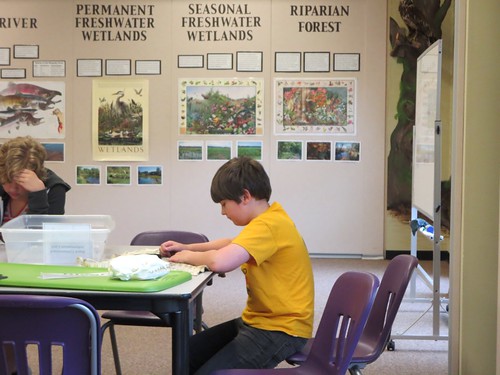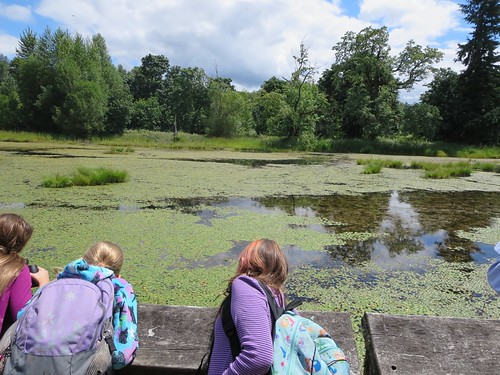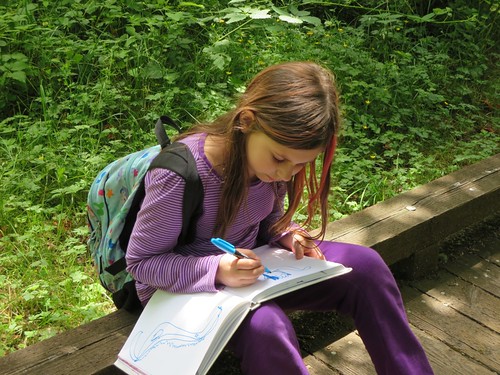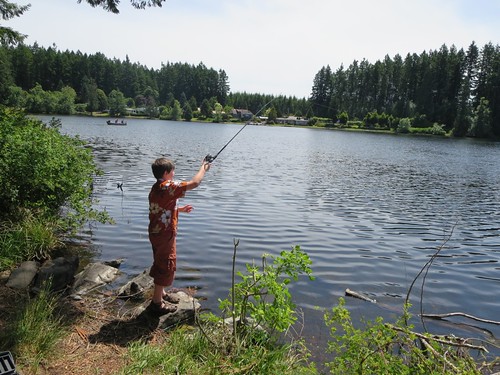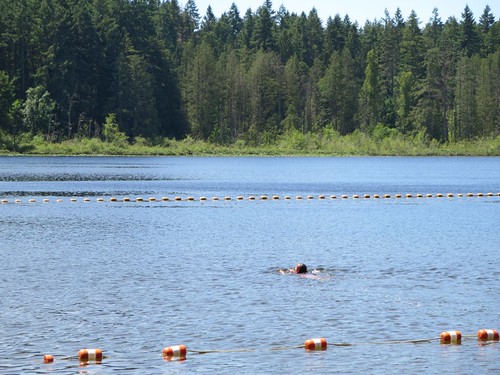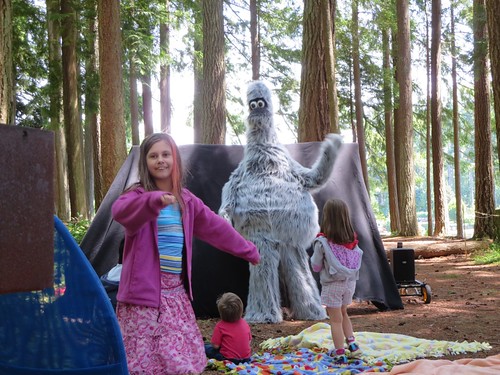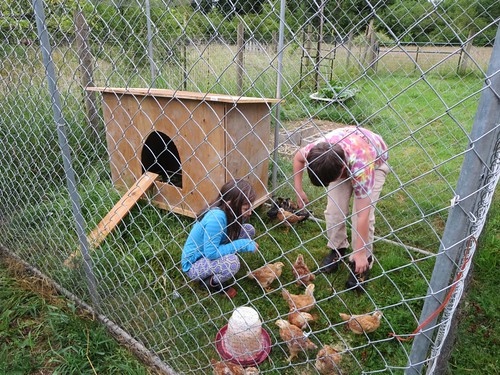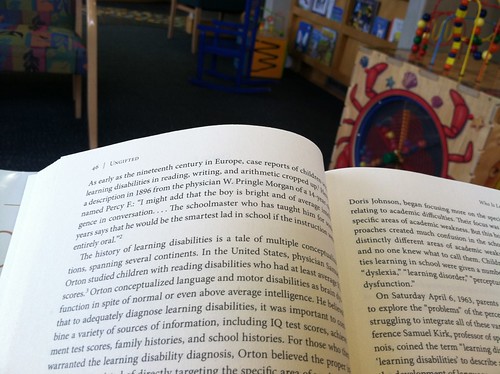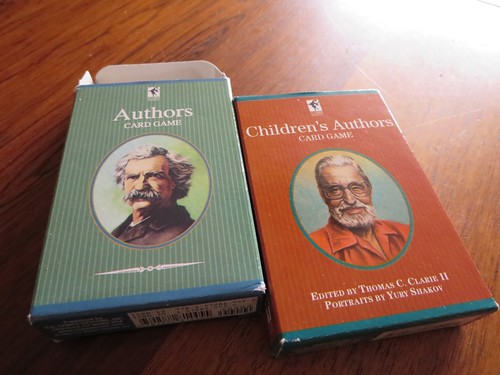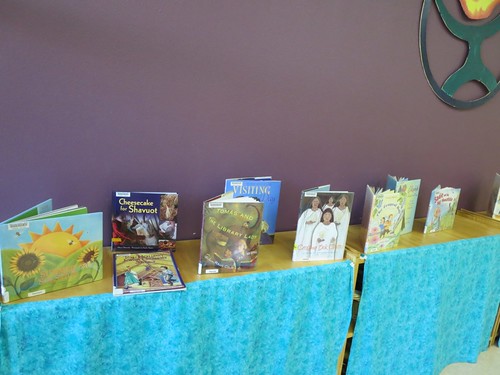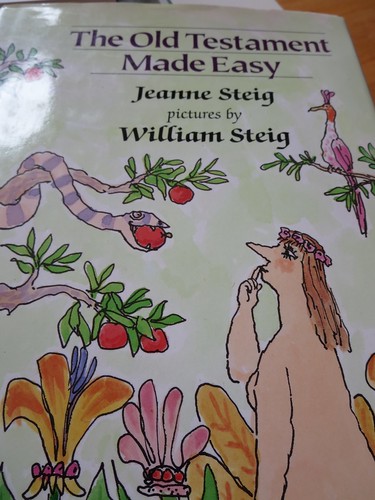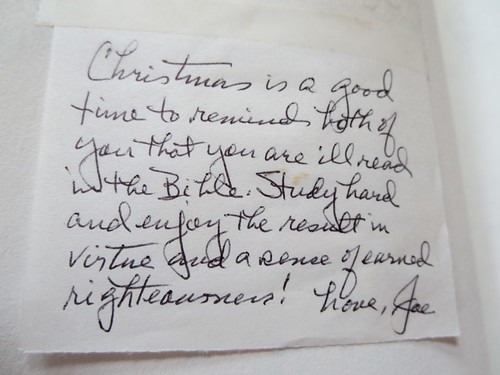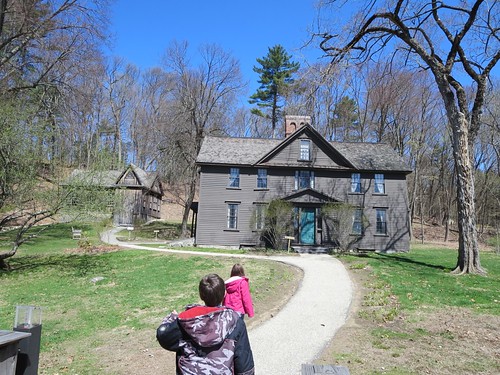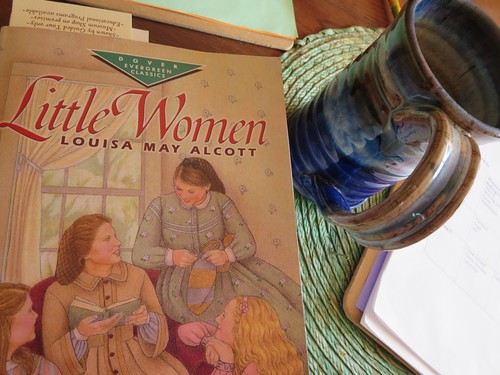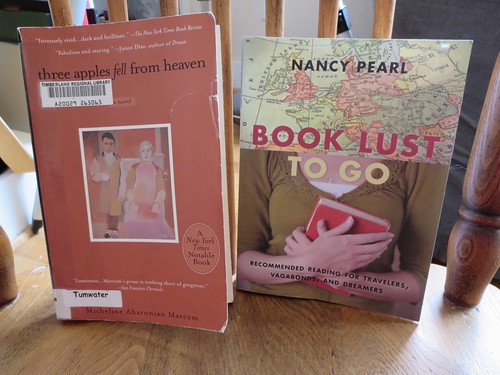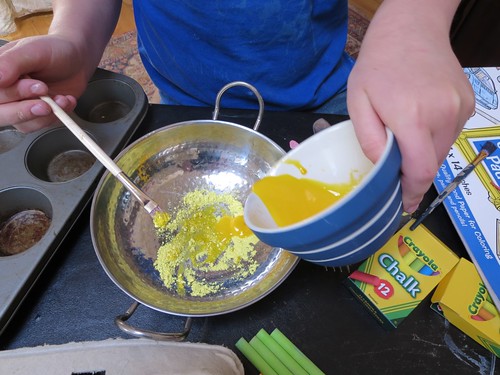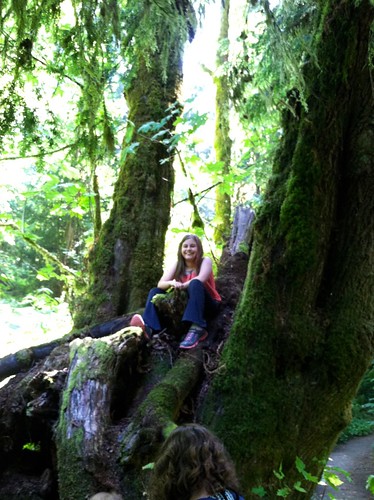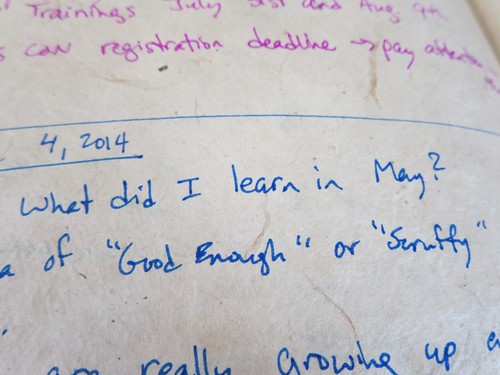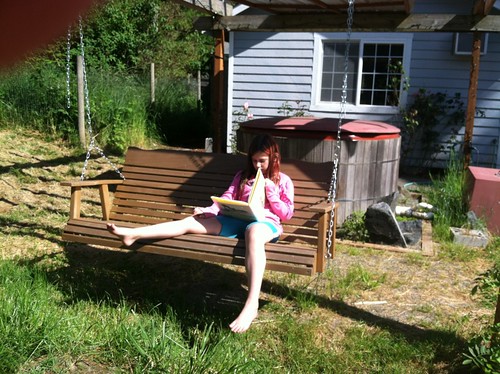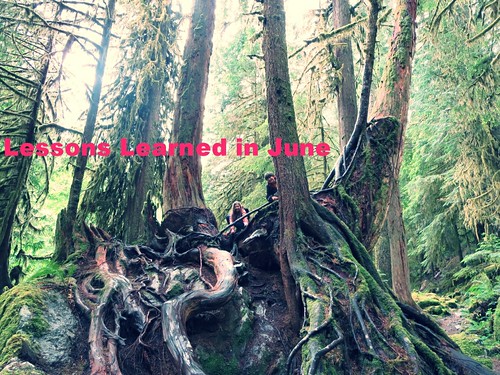
My monthly reflection, looking back at the month just past with an eye toward lessons learned and challenges faced. What did I learn in June?
- Although the process of trying to go back to work and still keep up all my home duties started in May, June kept up the relentless grind of a long long To Do list and family needing me for things at the same time I had paid employment work sitting there needing to be done. I am learning that I need to put everything in its own place, with a designated time for each, and put on blinders to what is happening outside of the designated task at hand. I cannot worry about my laundry to fold if it's time to do school work with the kids, or worry about the kids being bored when it's time to be focusing on my church work. Carefully balanced compartmentalization is the skill I am trying to work on.
- Simple routines are better than fancy schedules for getting my family to help. I overshot by making a complicated chore chart, which the kids couldn't keep track of and so I was always having to check if people had done their chores. It wasn't working, so now I'm focusing on just one chore - the after dinner dishes. The kids each will wash the dishes two nights a week, and their dad will wash them one night a week. Keep it Simple is my new (old) lesson to re-learn.
- Baking cannot really only be done once a week. I had designated Mondays as "Baking Day" because it is my day off work and it seemed like it would be good to start the week off with bread and muffins, cookies and homemade granola bars. But really we just gorged on baked goods on Monday and Tuesday, and then whatever was left went quickly stale. So my new idea that is working out much better was to add Baking to my daily morning chores. I get up at 6am and do: 1. put away the dishes from the drain racks, 2. wash any dishes still dirty, 3. make coffee, 4. bake something, 5. throw a daily load of laundry in, 6. fold laundry on the drying racks, 7. hang the new wet laundry up to dry.
- We need to create more products to show what the kids are learning, I realized when I was trying to gather up samples for our end-of-year assessment through Northwest Untest. We learned a lot, but samples to show for it were a bit weak. The kids and I talked about it, and one idea they want to implement is to keep a daily Learning Log journal and write down what they learned at the end of each day. That's lovely, but I think I also need to assign more reports/report-outs of some kind.
- Screen time (specifically in the form of Disney sitcoms) was creeping up to unacceptable levels. Although I can watch those shows with my kids and think "it's no worse than what I watched as a kid", I still don't like the disrespectful way they seem to start treating me after too much exposure to that stuff. Those shows are undermining the values that I'm trying to instill, it seems. So I re-instated the 1 Hour Limit for television/youtube/movies (not for gaming - we decided passive vs. active applied here not just whether it involves a "screen"). The limit has been really good for the kids. They are playing with each more. They are building things, creating, drawing, reading. They are also demanding more of our time and attention (play this board game with me, go on a bike ride with me, etc), and I realize part of why screen time gets out of control is because I am too busy/tired and it's always easier to just let the screen hypnotize my family than it is to stay actively engaged.
Now, onto July!

